-
Kampong-Leng Livelihood Improvement Project
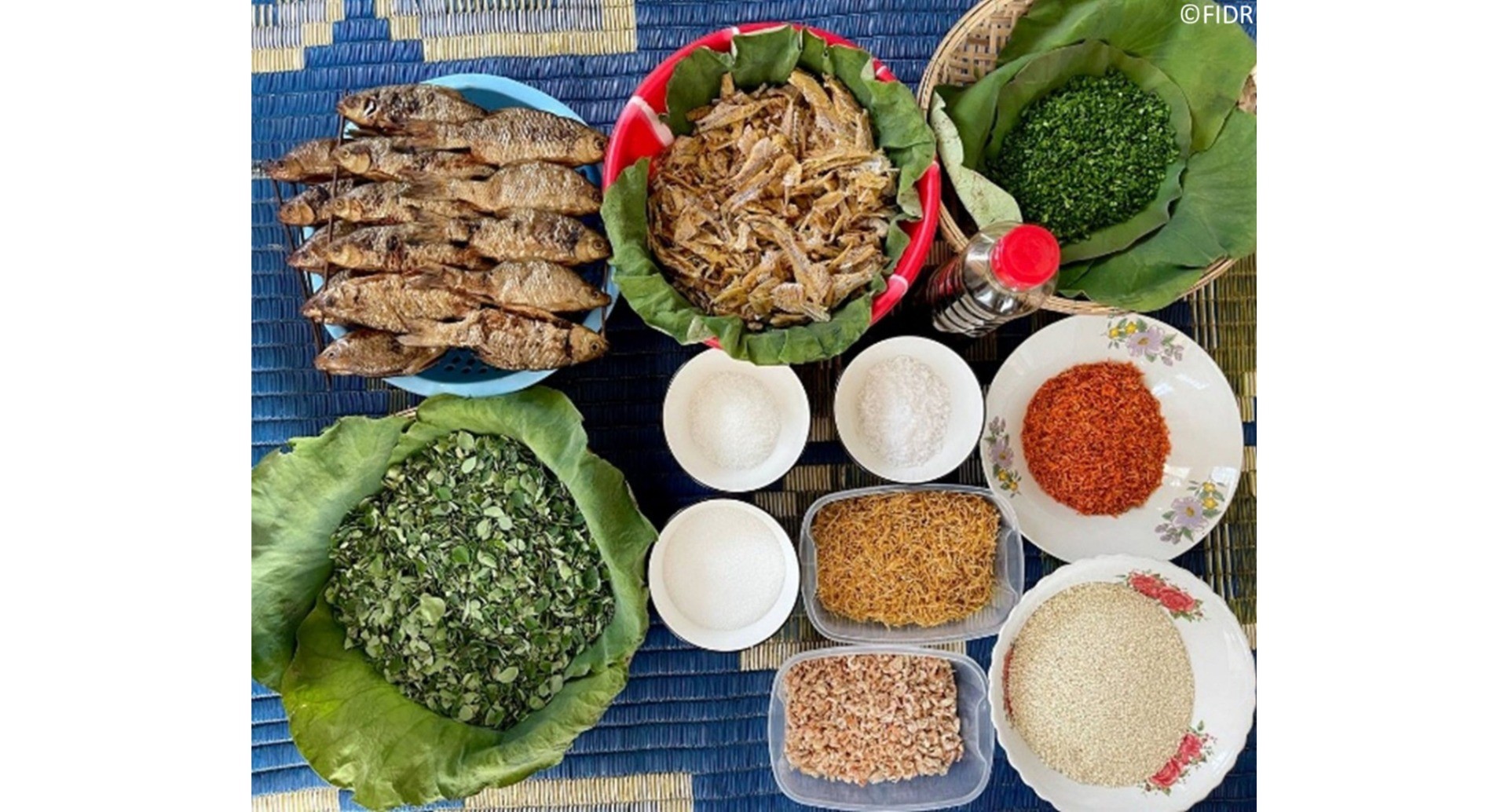
2026.02.18
Story of Integrating Furikake into the School Meals (breakfast) through community contribution
Cambodia Nutrition Agriculture International Cooperation for Social Development -
Emergency Relief for Displaced People in Cambodia
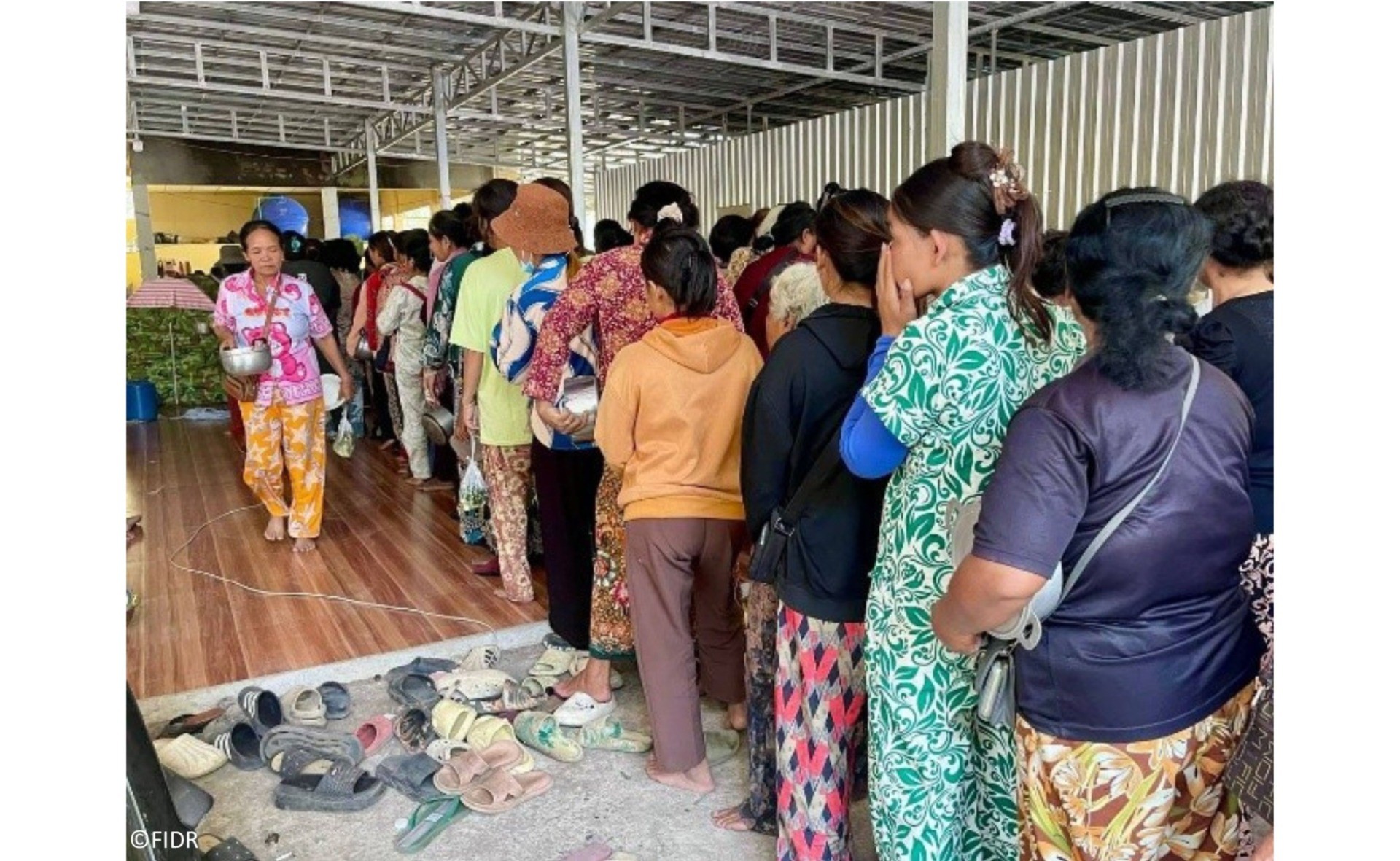
2026.01.30
Needs Assessment for Emergency Relief for Displaced People from the Cambodia-Thailand Border Areas
Cambodia Emergency Response and Rehabilitation Assistance -
Kampong-Leng Livelihood Improvement Project
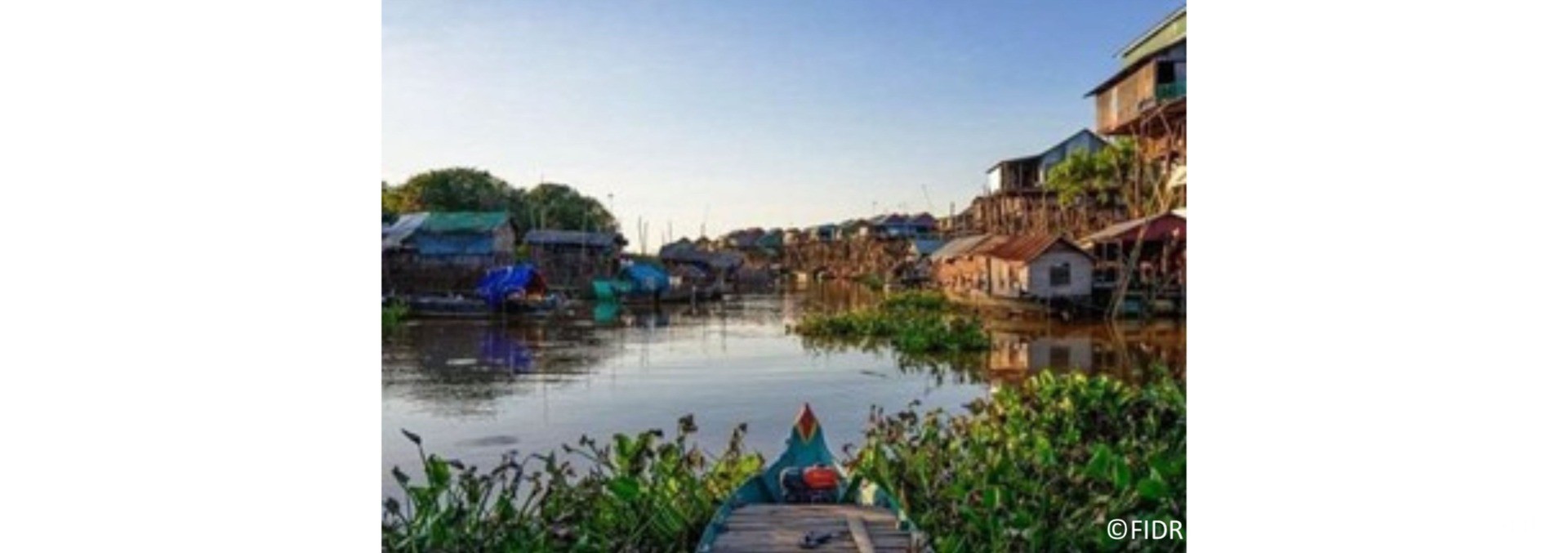
2025.12.12
The Community's Initial Efforts in Addressing Plastic Wastes in Kampong Leng District
Cambodia Health anbd Hygiene International Cooperation for Social Development -
Pediatric Surgery Project

2025.11.11
Transforming Surgical Care at Kratie Provincial Referral Hospital - A New Ultrasound Machine Brings Change -
Cambodia Medical Care International Cooperation for Social Development -
Nutrition Education and Promotion Project
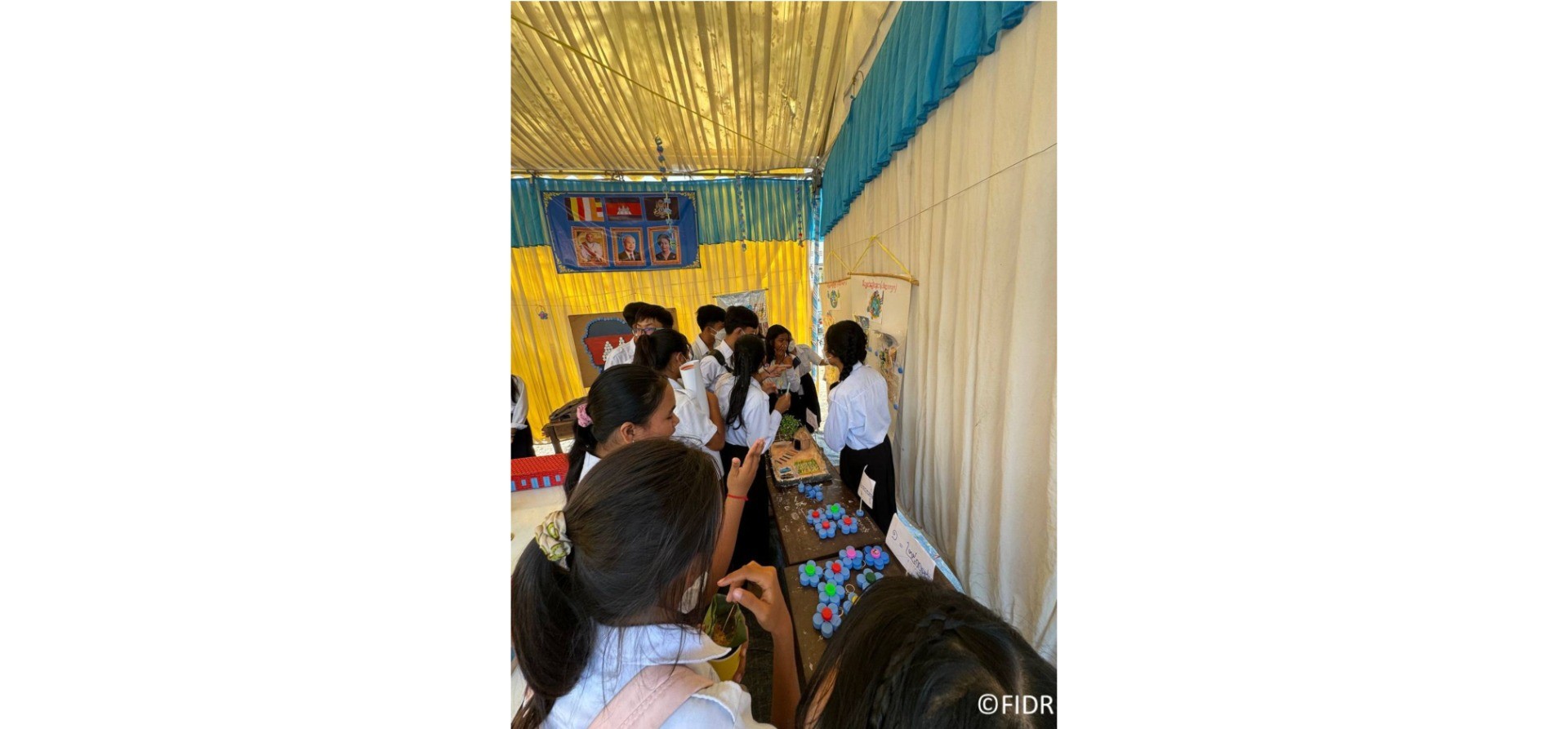
2025.10.09
From Shokuiku to Sankranta Day: ASG newly Organized an Event to Promote Nutrition and Waste Management in a High School
Cambodia Health anbd Hygiene Nutrition Education International Cooperation for Social Development -
Project for Establishing Platform for Promoting Sustainable Rural Industries in Quang Nam Province
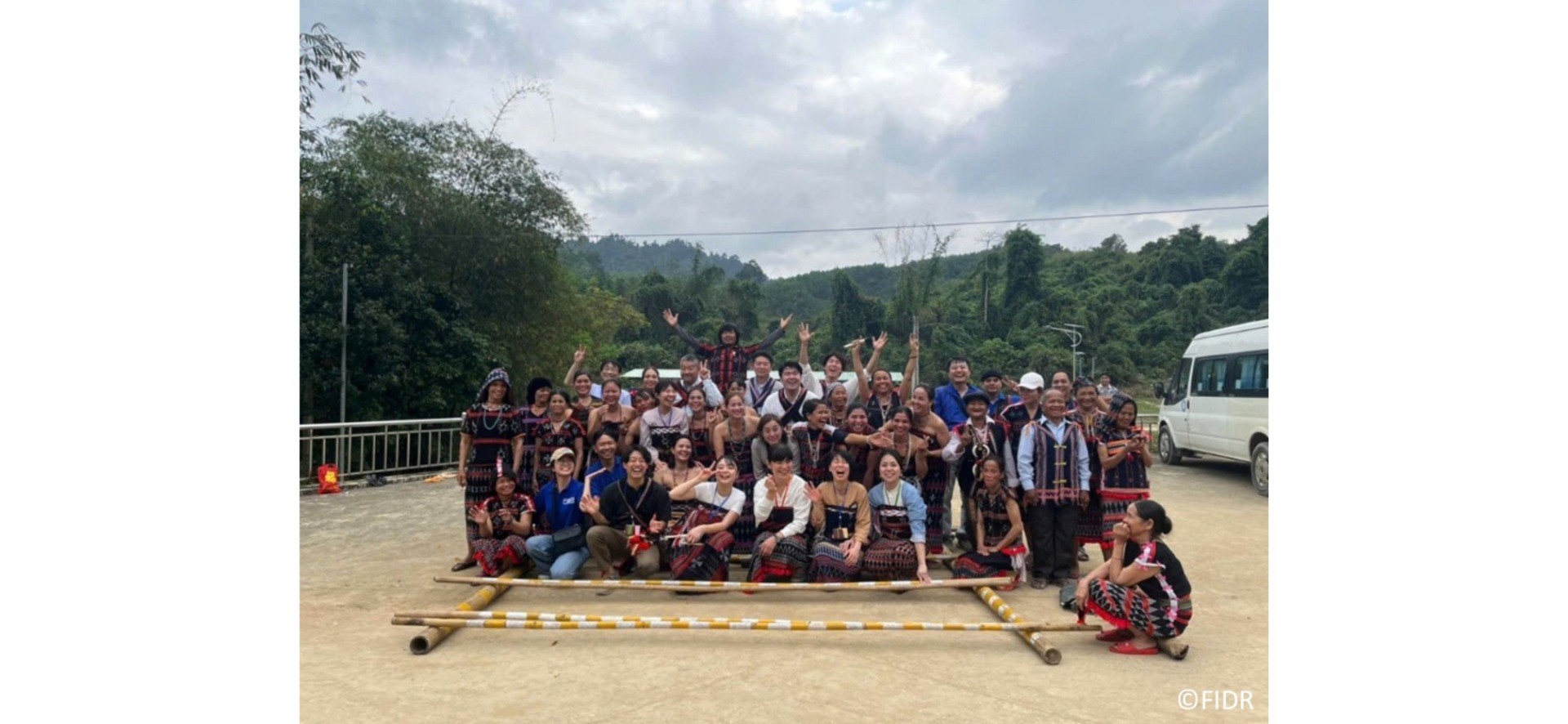
2025.10.01
We reported the outcomes of the collaborative learning efforts between Vietnam and Japan in the field of “Tourism Development for Community Building.”
Viet Nam Industrial Development International Cooperation for Social Development -
Nutrition Education and Promotion Project
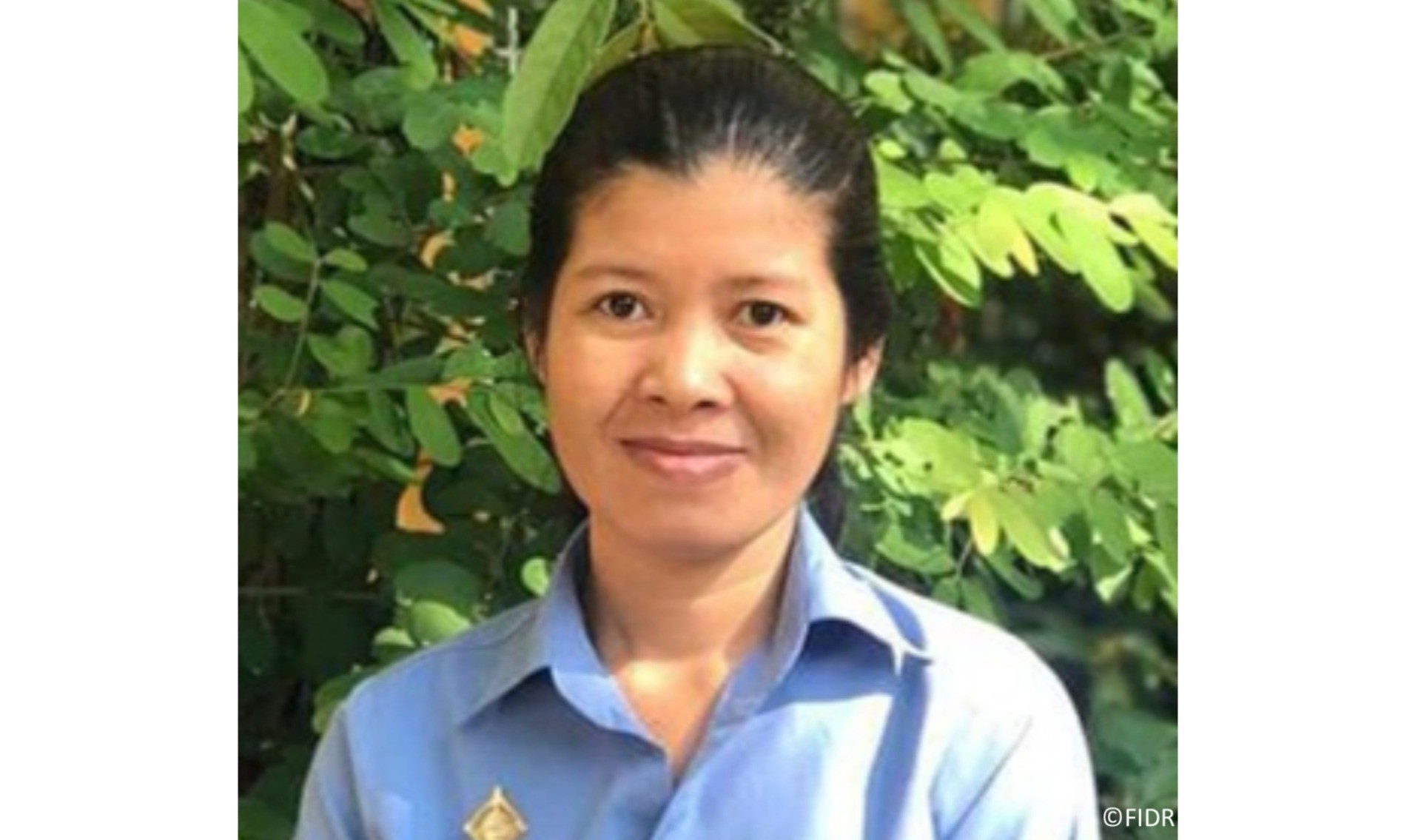
2025.09.19
The Story of Change: One Teacher’s Journey to Improve Health Education at Her School
Cambodia Health anbd Hygiene Nutrition Education International Cooperation for Social Development -
Kampong-Leng Livelihood Improvement Project
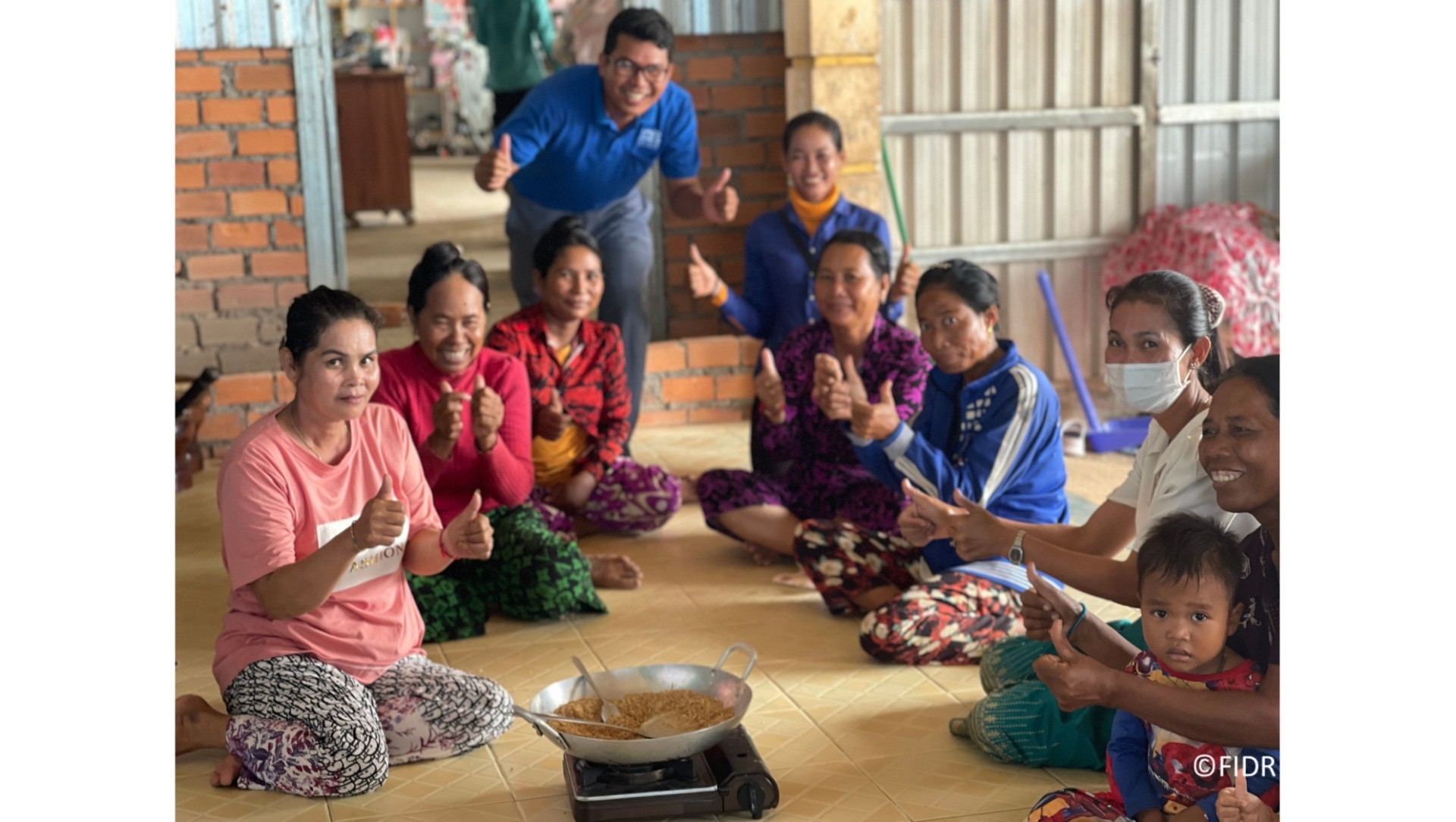
2025.09.10
New Recipes of Furikake Bring Positive Change to the Community
Cambodia Nutrition Agriculture International Cooperation for Social Development -
Nutrition Education and Promotion Project
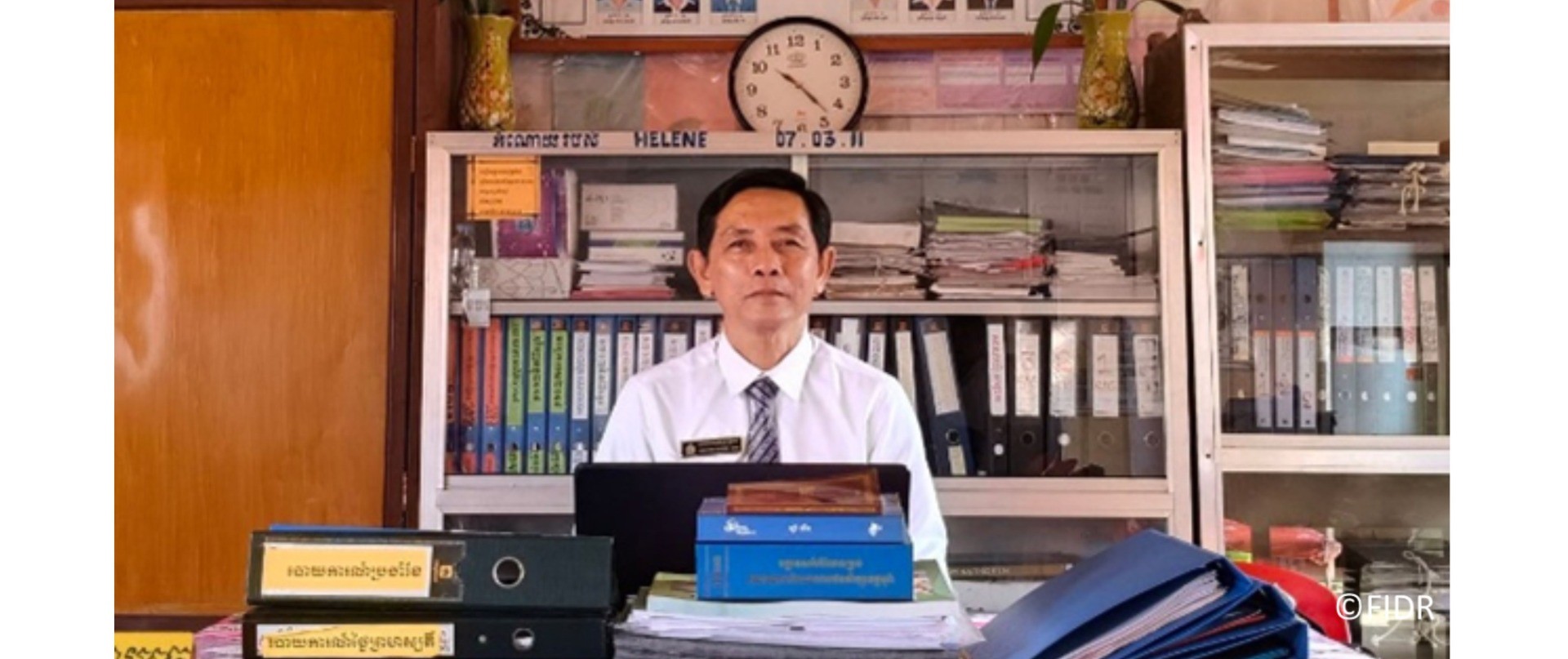
2025.06.02
The Story of Change: Turning Challenges into Success
Cambodia Health anbd Hygiene Nutrition Education International Cooperation for Social Development -
Pediatric Surgery Project
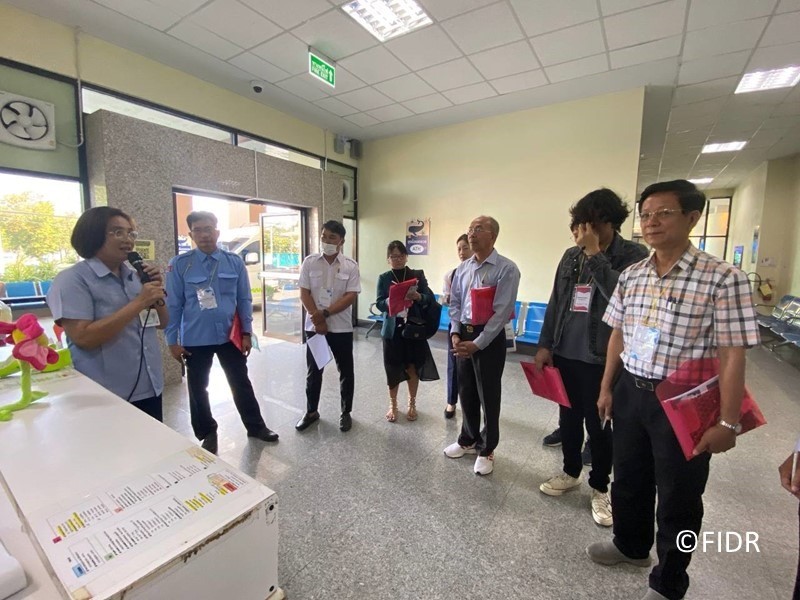
2025.03.27
A chance to see Health Advances in Ubon Ratchathani, Thailand, for Kratie Province health officials and a health center staff
Cambodia Medical Care International Cooperation for Social Development -
Pediatric Surgery Project
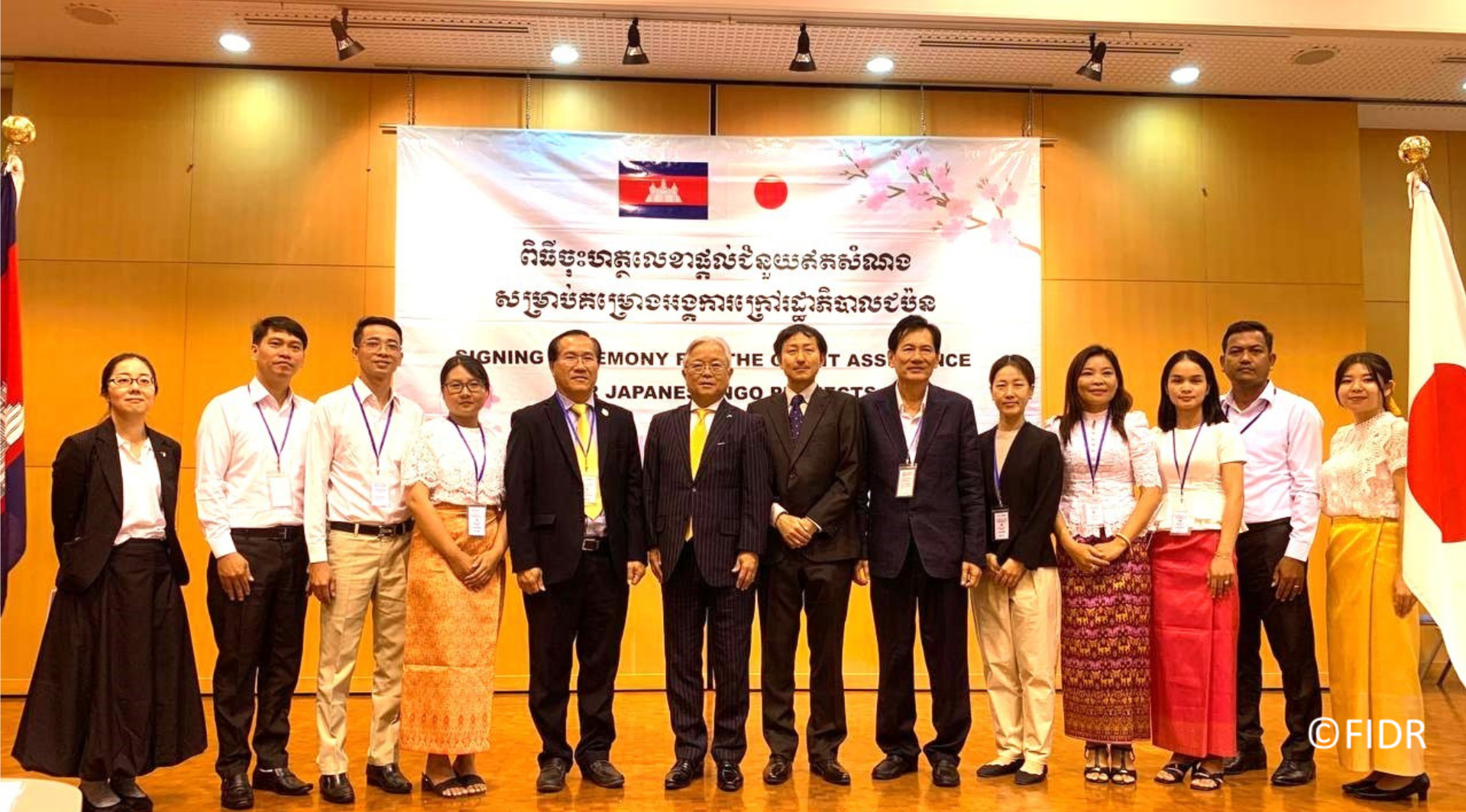
2025.03.18
Advancing Regional Healthcare in Kratie Province with Financial Assistance from the Government of Japan
Cambodia Medical Care International Cooperation for Social Development -
Pediatric Surgery Project
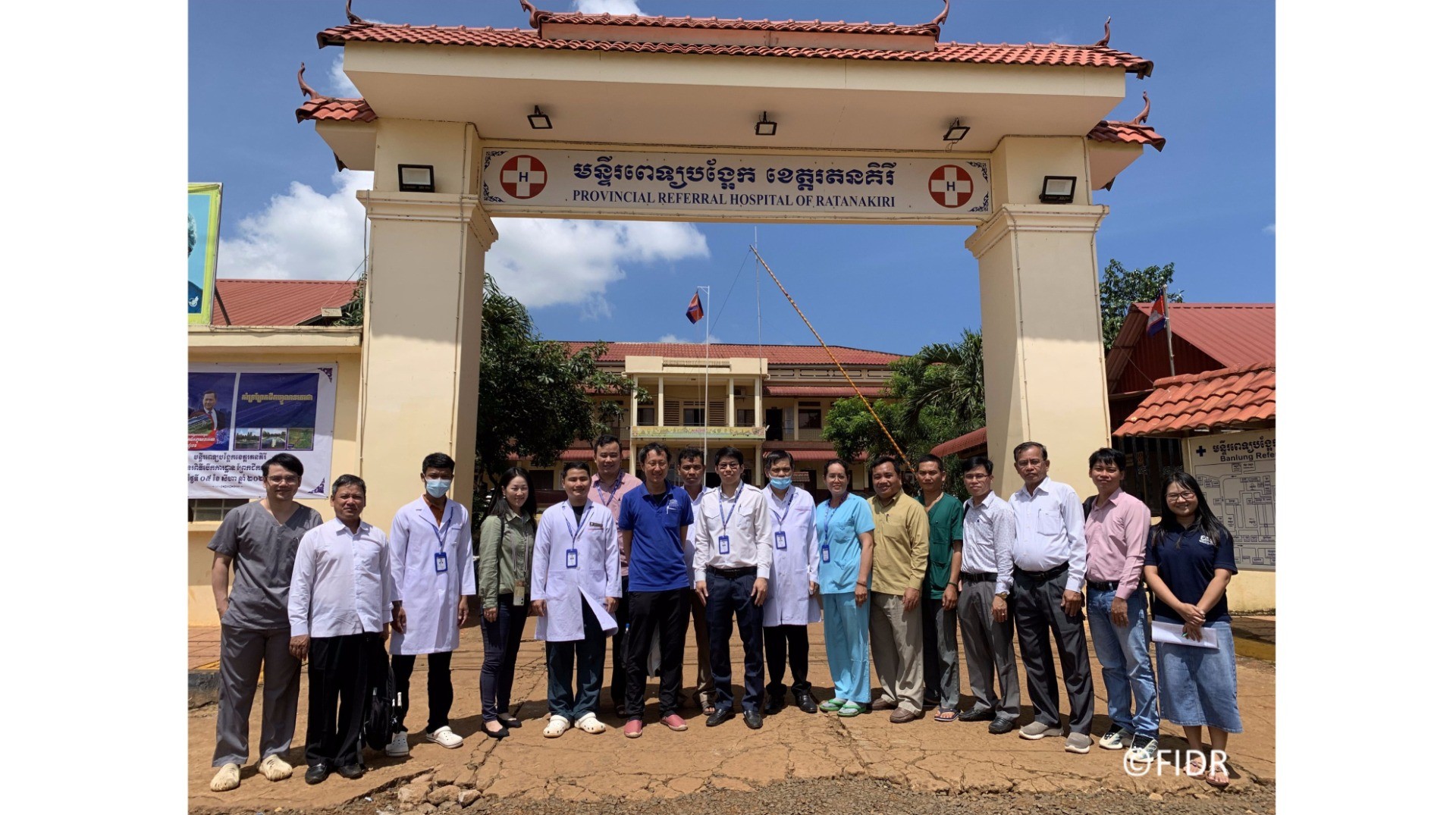
2024.12.06
Taking the First Step to Build a Network among Regional Hospitals
Cambodia Medical Care International Cooperation for Social Development -
Pediatric Surgery Project
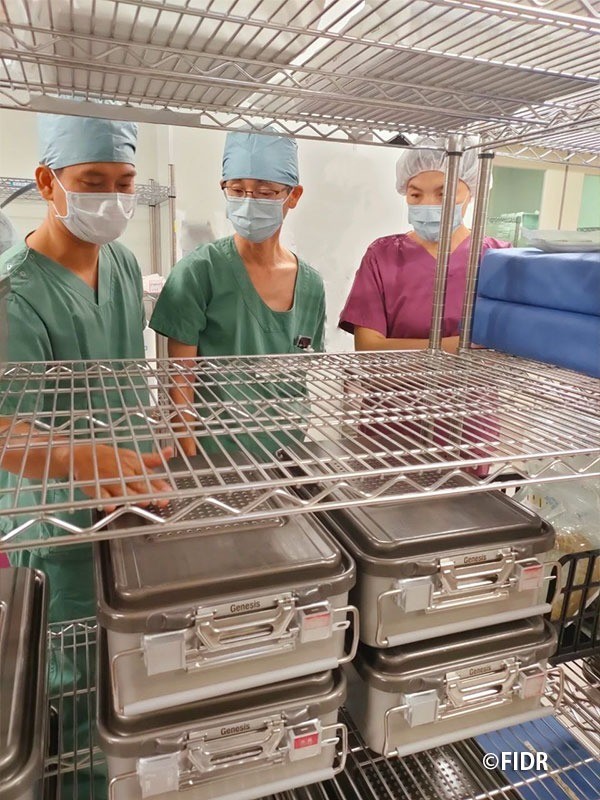
2024.05.13
Surprise after surprise, first visit to Japanese medical site!
Cambodia Medical Care International Cooperation for Social Development -
Community Development Project in Nepal
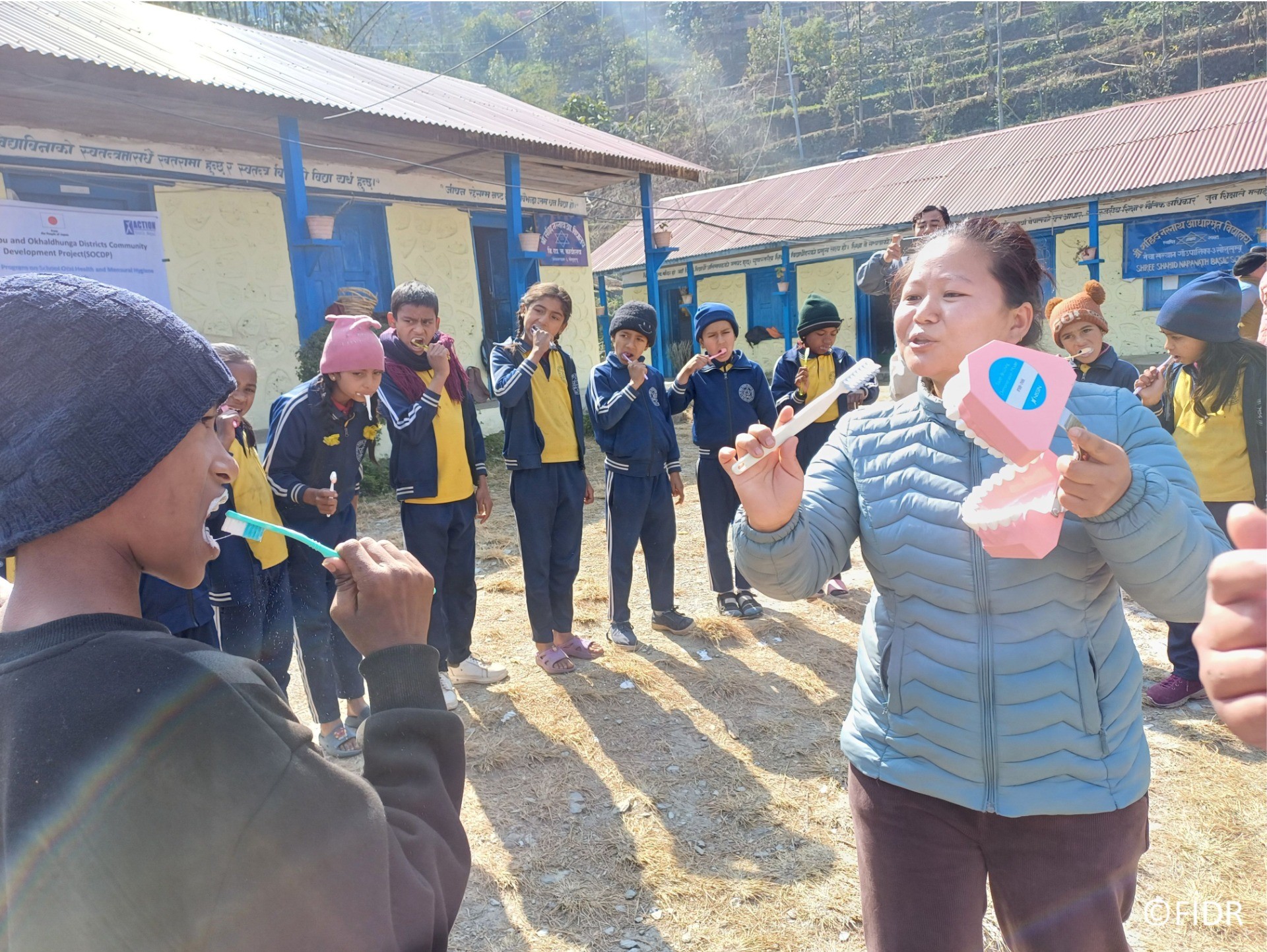
2024.03.25
We conducted the first "hygiene workshop" at schools in mountainous areas.
Nepal Agriculture Health anbd Hygiene Education International Cooperation for Social Development -
Nutrition Education and Promotion Project
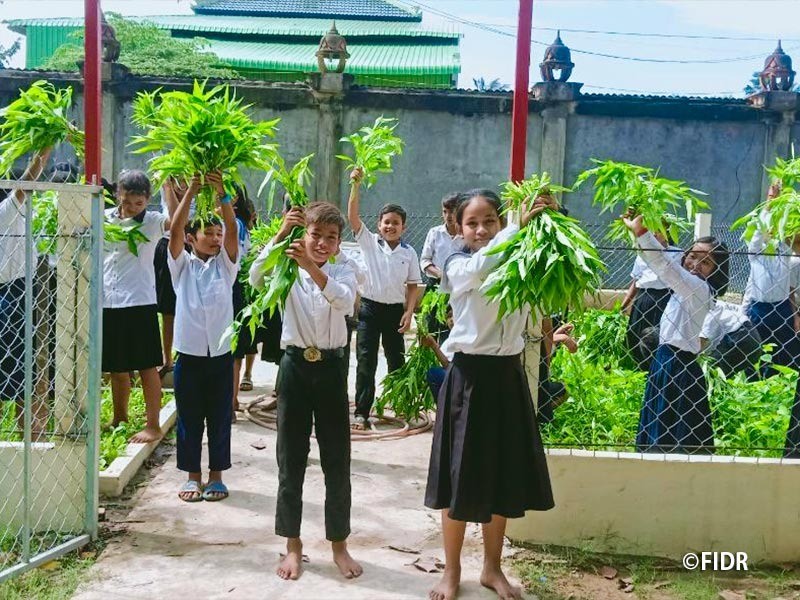
2024.01.19
The story of change “Improvement of management and leadership skills”
Cambodia Health anbd Hygiene Education Nutrition International Cooperation for Social Development -
Pediatric Surgery Project
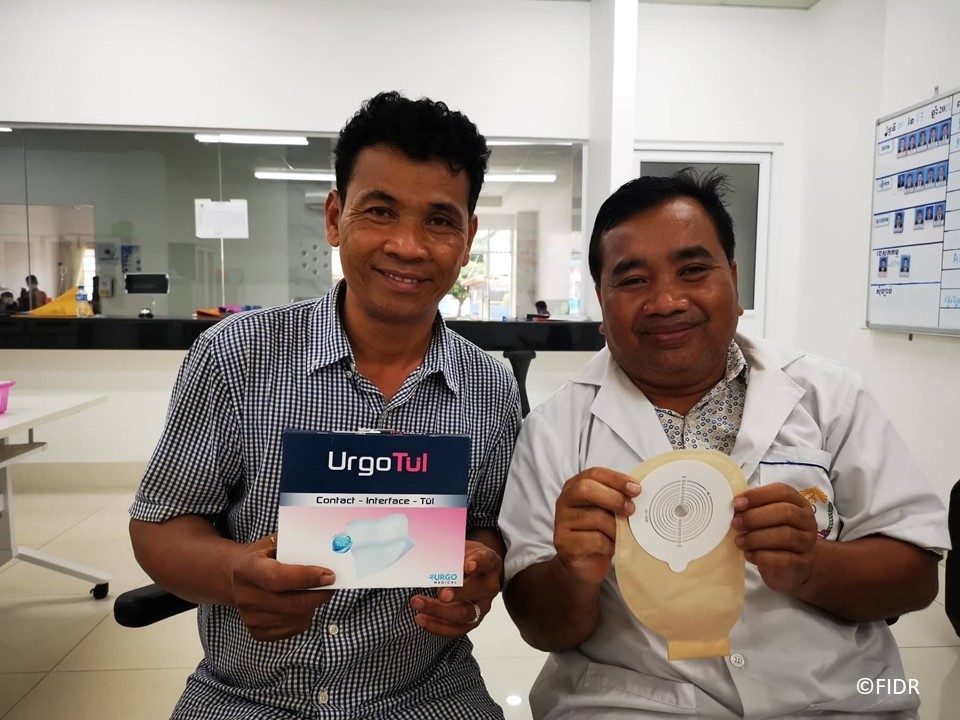
2023.09.08
New medical items are bringing smiles to the Kratie Provincial Referral Hospital!
Cambodia Medical Care International Cooperation for Social Development -
Community Development Project in Coffee Production Area Son La Province
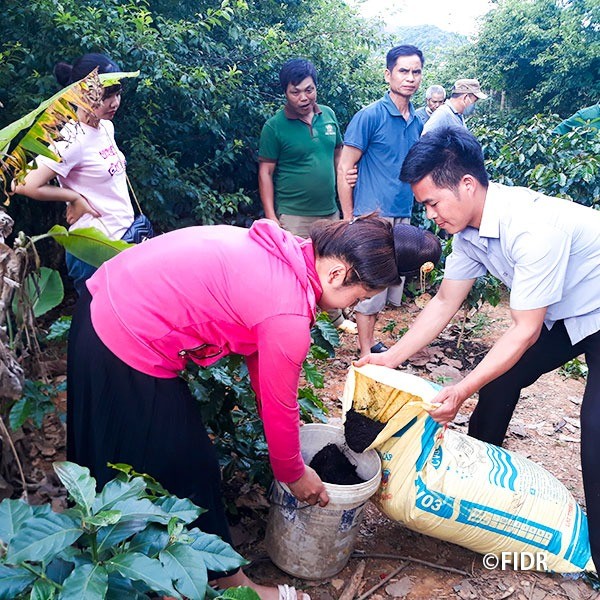
2023.08.10
Reducing costs by using eco-friendly compost
Viet Nam Agriculture International Cooperation for Social Development -
Project for Improvement of Living and Child Nutrition in Tay Nguyen
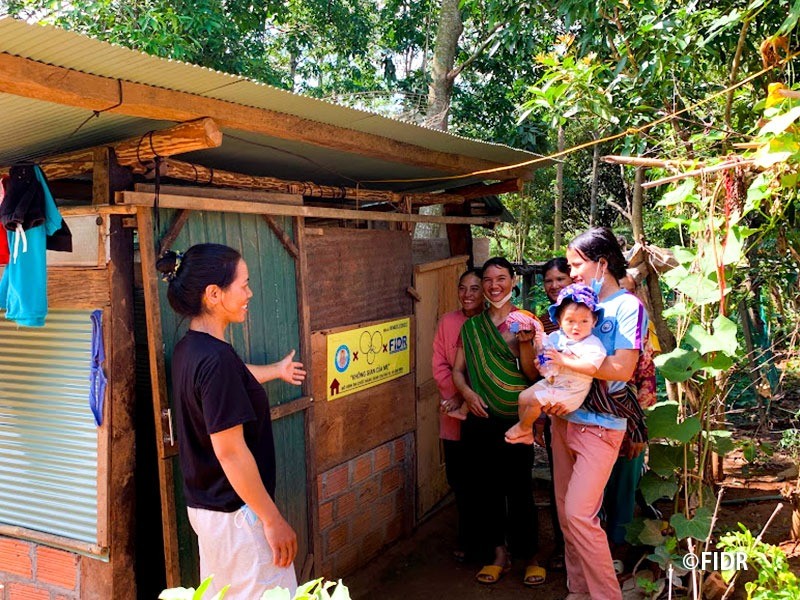
2023.07.21
Mother's Space is not just a toilet. It's far more than that! “I feel that our homes and community have become much cleaner.”
Viet Nam Health anbd Hygiene Nutrition Agriculture International Cooperation for Social Development
DONATION
Your generous donation now will have impacts
on children and communities in our fields.















